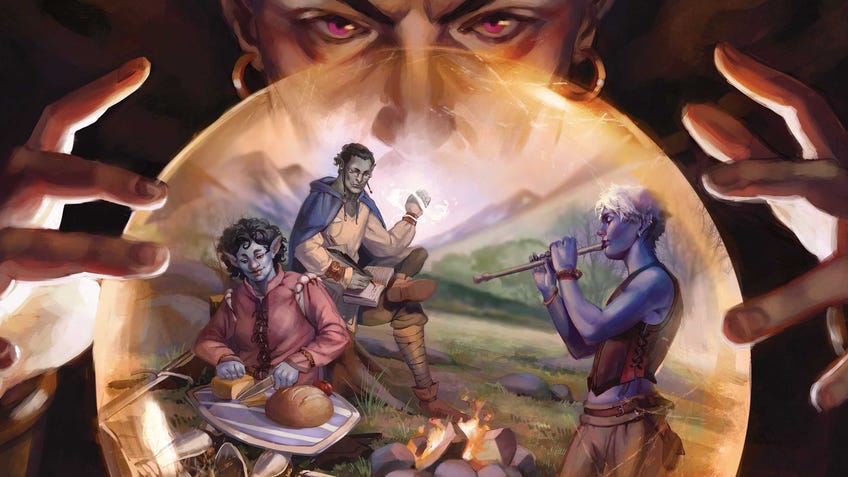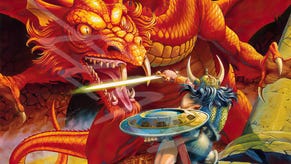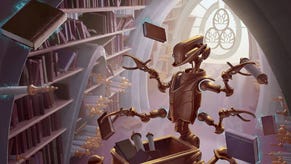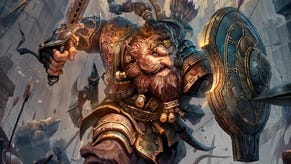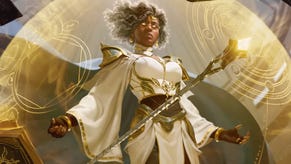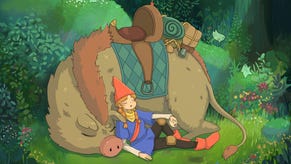Dungeons & Dragons replaces ‘race’ with ‘species’ in latest playtest material
The move is part of the popular RPG’s “next evolution” away from prejudicial material.
Dungeons & Dragons has committed to no longer using the word ‘race’ in any of its future material, starting with the most recent playtest document for OneD&D - the codename for the popular tabletop RPG’s future version.
A blog post on the D&D Beyond website claims that the change will help “foster an inviting space for everyone” as publisher Wizards of the Coast prepares for a new trio of core rulebooks slated to release in 2024.
While the announcement comes bundled with new playtest material regarding the Cleric class, the blog post makes it clear the definitional shift is not up for debate - Dungeons & Dragons “[does] not intend to return” to using race in published material.
“We understand ‘race’ is a problematic term that has had prejudiced links between real world people and the fantasy peoples of D&D worlds,” the post reads. “The usage of the term across D&D and other popular IP has evolved over time. Now it’s time for the next evolution.”
The design team reportedly landed on species “in close coordination with multiple outside cultural consultants”. Wizards’ public dedication to overhaul D&D’s problematic and often times harmful relationship with race began in 2020 with Tasha’s Cauldron of Everything, a sourcebook that divorced ability score increases and other explicit mechanical advantages (or disadvantages) from a player’s choice to embody a dwarf, elf, dragonborn or any other fantastic race.
Since, the company’s ability to uphold that promise has met with mixed results. After a fairly positive start in 2021, a recent outcry over the depiction of the simian Hadozee in the Spelljammer setting forced Wizards to reckon with its mistake - further editions will remove the racist stereotyping and artistic depiction reminiscent of historical minstrel shows. Wizards also claimed to overhaul how it reviews and consults on future releases.
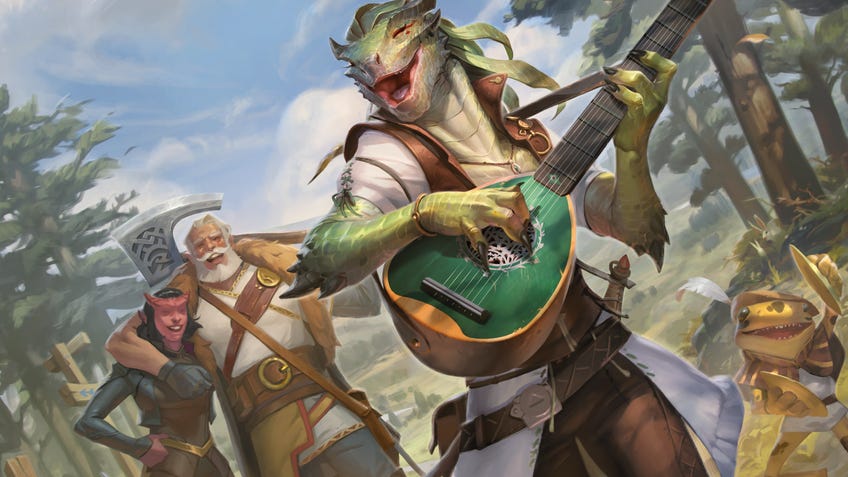
OneD&D will decidedly put the kibosh on using race in its text, but ‘species’ may not be where the upcoming books land - the post encourages playtesters to submit feedback regarding that particular word choice alongside any feelings on the changes to the Cleric class and proposed early level ability spread.
It’s not clear if simply changing word usage is the extent of Wizards’ plans for OneD&D. The playtest document offers character options for the dragonborn, beast-headed ardling and community-favourite goliath, all of which boil down to extra abilities with definite use cases in both combat and roleplay.
Many players will likely view this move as a necessary but too small gesture towards improvement. The proof will come from Wizards’ ability to design and produce material that portrays a fantasy world that understands the genre’s fraught history with real-world racism, along with bringing in the necessary voices to keep the massive company honest.
